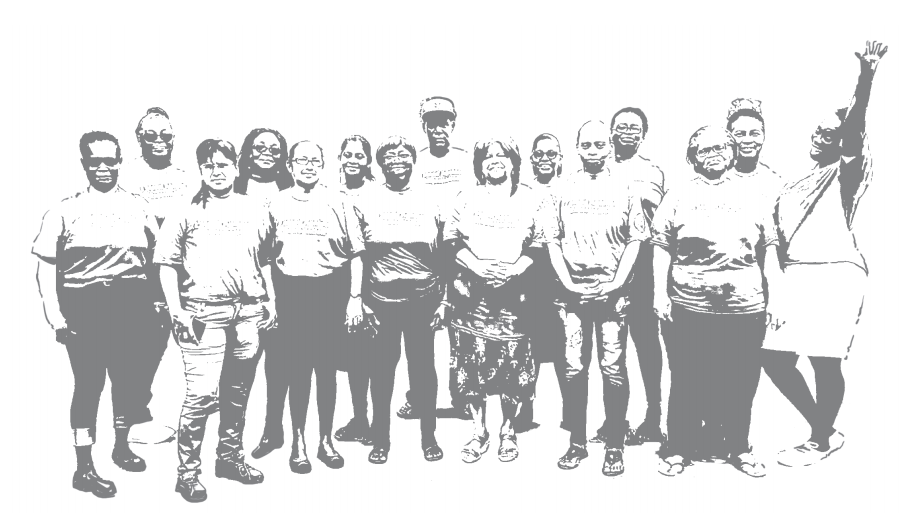Preparing to promote community mental health resilience ethically and safely
Reading (15 minutes)
Now that you have an initial idea about free, prior and informed consent, read the list of key considerations for ethically promoting community mental health resilience and note down anything that you hadn't considered before.
Community mental health resilience can be promoted in any community, small or large, rural or urban. The key is to consider carefully the identified groups’ needs prior to engaging with them. This requires preparation work to ensure that your work is carried out in a safe and ethical manner.

Things you need to consider prior to commencing are:
1. Do you have the support and permission of the community stakeholders and those
who can influence the project’s outcomes i.e a particular institution, or the community elders, managers, key workers, etc. It is important to communicate with these
people and spend some time with them ensuring they are supportive of your work,
its benefits as well as its limitations.
2. At the initial meeting with stakeholders try to identify one, or possibly two, community gatekeepers. These would be suitably experienced people of the community who can ensure that the right people are recruited and assist with community communications throughout. A gatekeeper acts as an intermediary between yourself as project lead and potential participants. They may also have the ability to grant or deny permission for access to certain community participants such children and those who do not have capacity to act for themselves.
3. You will need to consider with your gatekeepers the following key points:
a. Where to meet and carry out the activity. Identify a suitable venue, time for meetings etc. Consider how you may cater for any identified special needs ensuring the venue is suitably equipped with easy access, toilet facilities and the need for refreshments.
b. Your inclusion criteria and exclusion criteria for instance are you targeting a certain age group, do you wish to exclude children? Consider how your gatekeepers will promote inclusivity when recruiting your participants and how they will go about recruiting project participants and how many participants need to be recruited.
c. You will also need to ensure every one of your participants gives their informed consent to participate in your activity. This ensures they understand fully prior to taking part what the activity involves them doing, why they are doing it and their rights whilst participating.
d. Your gate keepers will be able to explain your project but it is also helpful to have a written participation information sheet for your gatekeepers to use or pass to prospective participants. This ensures they have a more detailed understanding of the project and therefore better able to give their informed consent.
e. All participants wishing to participate must have an information sheet and ideally sign a consent form (see consent form). A note about coercion, it is very important no participant feels obliged to participate. They may have a reluctance to participate in which case it is important to respect that. They may also wish to please so it is important to remind them that it is their choice to participate and they are under no obligation to participate at all and that if they do not participate there will be no consequences.
f. Discuss with your gatekeepers how you may support a participant who becomes distressed during your project/activity. What processes can you adopt to ensure that person receives the support they require. Check out with the gatekeepers if they can be a point of contact if that situation arises.
4. It is also important to consider confidentiality, as this type of project work might
generate some sensitive information that participants might be willing to share with
community members but not necessarily with the wider community. It is therefore
important to talk to all those concerned in your project; your stakeholders, gate keepers and participants about how you will safeguard confidentiality and promote anonymity, possible via the use of pseudonyms, never naming places, deciding on what and what cannot be shared and compiling good group ground rules in collaboration with your projects participants.
